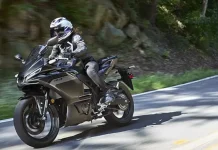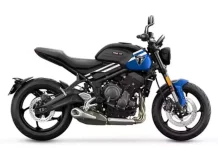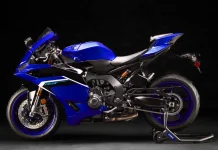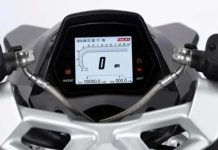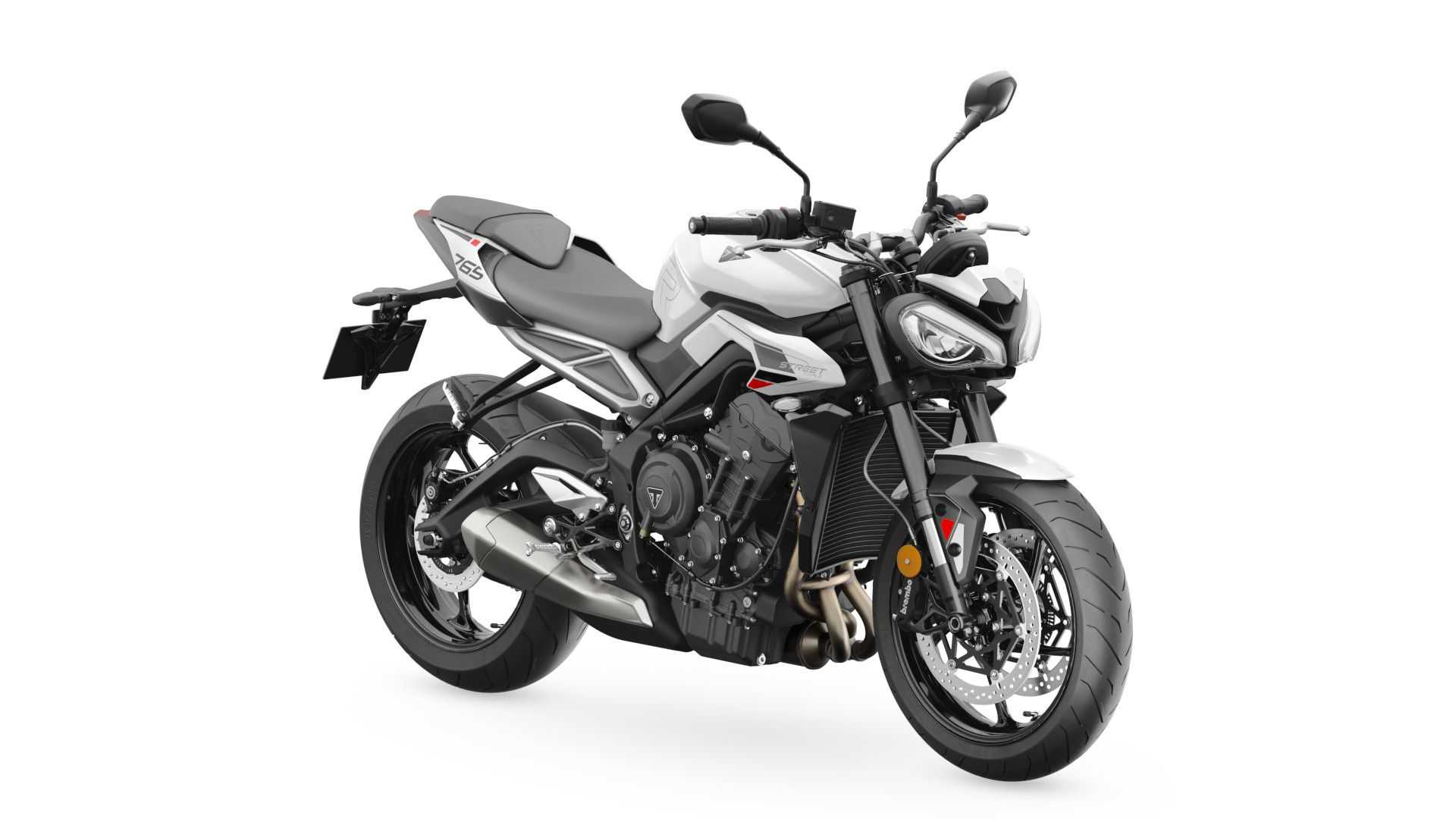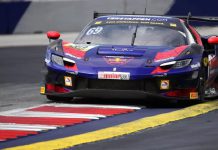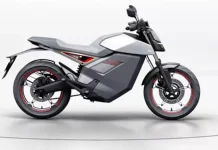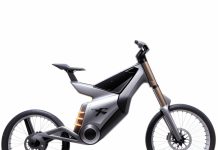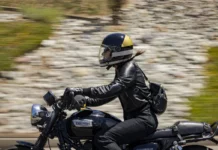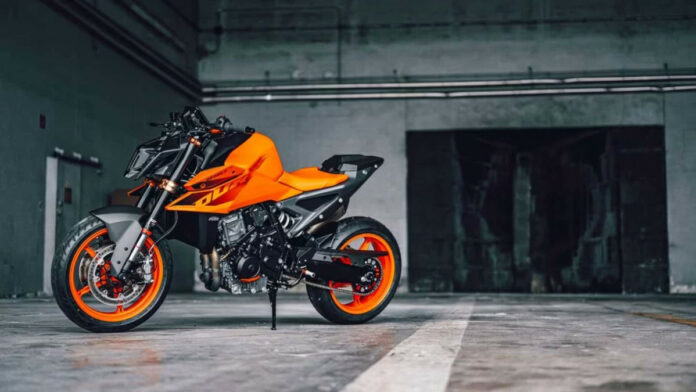KTM and Husqvarna
Pierer Mobility Group (PMG), known for its presence in the motorcycle industry, released a significant notice to investors on December 5, 2023, detailing major strategic changes and adjustments in its operations.
This analysis delves into the significant strategic changes announced by Pierer Mobility Group (PMG) in its December 2023 investor notice. It focuses on the impact of these changes on PMG’s core motorcycle brands: KTM, GasGas, Husqvarna, and MV Agusta.

Pierer Mobility Group (PMG)
Key points include PMG’s intensified focus on these brands, the divestiture of non-core bicycle brands, restructuring into two main segments (Motorcycles and E-Mobility), and the relocation of certain production and R&D activities to Bajaj Auto in India and CFMoto in China. The analysis explores potential implications such as increased investment in core brands, enhanced synergies, expansion into e-mobility, and operational efficiencies, while also considering the associated risks and challenges.
The key points from this notice are:
- Brand Focus: PMG is honing in on its core motorcycle brands: KTM, GasGas, Husqvarna, and MV Agusta. While they don’t fully control MV Agusta as of 2023, they have plans to gain a controlling interest by 2026.
- Divestiture of Bicycle Brands: In line with its focus on powered two-wheelers, PMG is divesting its non-motorized bicycle brands. R Raymon has already been sold and will be an independent entity by the end of 2023. Felt is being sold to a consortium, with the deal expected to close in the first half of 2024.
- Reporting Structure Revision: PMG is restructuring its reporting segments into two main categories: Motorcycles and E-Mobility. Notably, electric motorcycles, electric minibikes, and stand-up scooters will fall under the E-Mobility segment.
- Production and R&D Relocation: Due to challenging economic conditions in Europe, PMG is planning to relocate parts of its production for certain mid-range models and some R&D activities to its strategic partners Bajaj Auto in India and CFMoto in China.
- Workforce Reduction: This relocation strategy comes with a significant workforce impact, as PMG anticipates potentially cutting up to 300 jobs at its Austrian locations in 2024.
Motorcycle Industry
Key Analysis
The key analysis of Pierer Mobility Group’s (PMG) recent strategic changes, as outlined in their investor notice, reveals a multi-faceted approach to business optimization and adaptation to market conditions. Here’s a breakdown:
- Focused Brand Strategy: By concentrating on its core brands (KTM, GasGas, Husqvarna, and MV Agusta), PMG is streamlining its portfolio to strengthen its market position in the motorcycle industry. This focus allows for more targeted marketing, research and development, and overall brand development. The inclusion of MV Agusta indicates long-term planning and investment in high-potential brands.
- Divestiture of Non-Core Assets: Selling off the non-motorized bicycle brands (R Raymon and Felt) is a strategic move to declutter the portfolio and reallocate resources to their core competencies. This decision suggests that PMG is prioritizing profitability and efficiency over-diversification in different segments of the two-wheeler market.
- Restructured Reporting Segments: The new reporting structure – splitting into Motorcycles and E-Mobility – indicates a clear recognition of the growing importance of electric vehicles. By separating e-mobility, PMG can more effectively manage and invest in this rapidly evolving sector, potentially capturing more market share as consumer preferences shift towards electric models.
- Relocation of Production and R&D: Moving parts of production and R&D to Bajaj Auto in India and CFMoto in China is a strategic cost-reduction measure. This move likely aims to leverage lower manufacturing and operational costs in these regions. However, it also suggests a willingness to collaborate internationally, potentially opening up new market opportunities and technological advancements through these partnerships.
- Workforce Reduction Implications: The anticipated job cuts in Austria are a direct consequence of the relocation of production and R&D activities. This aspect of the strategy indicates a tough decision made in the face of economic pressures. While it might improve operational efficiency and reduce costs, it could have implications for brand reputation and local stakeholder relationships.
E-Mobility
Impact on KTM, GasGas, Husqvarna, and MV Agusta
The strategic changes announced by Pierer Mobility Group (PMG) are likely to have several impacts on its core brands: KTM, GasGas, Husqvarna, and MV Agusta. Here’s an analysis of the potential effects:
- Increased Investment and Focus: The decision to focus on these brands means they could benefit from increased investment in marketing, R&D, and overall brand development. This could lead to enhanced product offerings, technological advancements, and improved market positioning. For MV Agusta, in particular, the planned acquisition of a controlling interest by 2026 could mean a significant boost in resources and support from PMG.
- Enhanced Brand Synergies: By focusing on these core brands, PMG can potentially create synergies among them, leveraging shared technologies, distribution networks, and marketing strategies. This could lead to cost efficiencies and a stronger market presence as the brands could benefit from shared learnings and resources.
- Impact of E-Mobility Focus: With PMG’s revised reporting structure and a clear focus on E-Mobility, these brands might accelerate their shift towards electric models. This could mean an expansion of their electric motorcycle offerings, aligning with global trends towards sustainable transportation. For brands like KTM and Husqvarna, already known for their off-road and performance bikes, this could represent a significant evolution in their product lines.
- Global Market Opportunities: The shift in production and R&D to partners in India (Bajaj Auto) and China (CFMoto) might open up these brands to new market opportunities in Asia, a region with a huge potential customer base. However, it also means adapting to different market needs and preferences in these regions.
- Operational Efficiency and Cost Management: The relocation of certain manufacturing and R&D activities could lead to improved operational efficiencies and cost savings due to lower production costs in India and China. This could potentially translate into more competitively priced products or higher profit margins for these brands.
- Potential Risks and Challenges: While there are clear strategic advantages, there are also risks. The focus on fewer brands might limit PMG’s market reach and make it more susceptible to fluctuations in specific market segments. The relocation of production and R&D activities could also lead to challenges in maintaining product quality and brand identity, and the workforce reduction might have short-term negative impacts on productivity and morale.
R&D Relocation
Conclusion
Overall, for KTM, GasGas, Husqvarna, and MV Agusta, PMG’s strategy could mean a period of significant growth and evolution, particularly in the e-mobility space, but it will require careful management to balance the potential risks and benefits.
PMG’s strategy appears to be a comprehensive response to current economic challenges and market trends, emphasizing efficiency, core brand focus, and the growing significance of e-mobility. However, it involves tough trade-offs, particularly in terms of workforce impacts and the risks associated with narrowing the brand portfolio.
These decisions by Pierer Mobility reflect a strategic shift in their business operations, focusing more on core brands and e-mobility, while also adjusting to economic challenges by shifting production and R&D to more cost-effective locations.
For those interested in the evolving landscape of the motorcycle industry and the strategic developments of key players like Pierer Mobility Group, stay informed and engaged. Keep track of how these strategic decisions impact the core brands of KTM, GasGas, Husqvarna, and MV Agusta, especially in terms of product innovation, market positioning, and e-mobility expansion.
Follow industry news, financial reports, and market analyses to understand the broader implications of these changes. If you’re an investor, enthusiast, or industry stakeholder, consider how these shifts might influence your decisions and perspectives in the rapidly changing world of motorcycle manufacturing and e-mobility. Join the conversation and share your insights on how PMG’s strategy might shape the future of this dynamic industry.
KTM, Pierer Mobility


